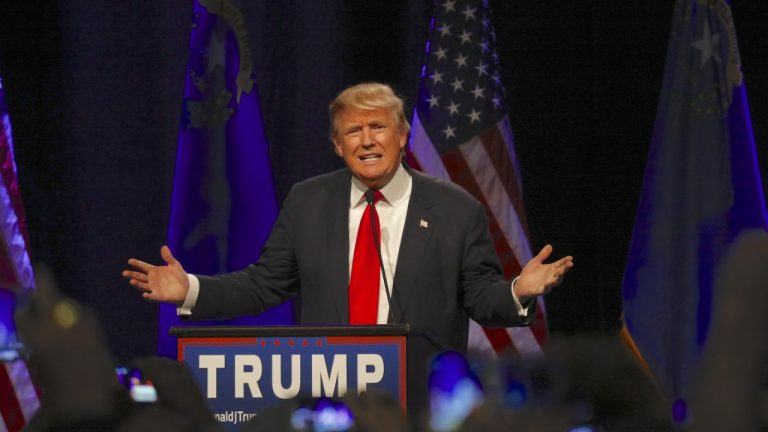
Glassnode predicts BTC rally as stablecoin supply tags record highs

Tether, USD Coin, Binance USD, and DAI are now worth more than $78 billion combined.
The circulating supply of the four-largest stablecoins has spiked to new all-time highs, suggesting buyers could soon spark another leg up for the Bitcoin and crypto markets.
The combined capitalization of Tether (USDT), USD Coin (USDC), Binance USD (BUSD), and Dai (DAI) has surged almost 190% from $27 billion to almost $78 billion since the beginning of this year.
In its May 3 Week on Chain report, on-chain analytics provider, Glassnode, noted that Tether is firmly positioned as the stable token sector’s leader, representing two-thirds of the top four stablecoins’ combined capitalization. USDT’s total minted supply hit an all-time high of $51.78 billion at the end of last week after increasing by $1.48 billion or 3% in just seven days.
USDC supply has also increased by roughly $1 billion over the past week, with its capitalization currently sitting at $14.5 billion, according to CoinGecko. It briefly tapped a peak of $15 billion on April 30.
BUSD’s circulating supply tagged a record of $7.8 billion on May 3, while DAI’s supply is at an all-time high of $3.9 billion as of this writing.
With the surging supply, Glassnode highlights that Bitcoin’s Stablecoin Supply Ratio (SSR), which measures the Bitcoin supply divided by the stablecoin supply, is sitting at a year-to-date low of 13.4, and is approaching its all-time-low of 9.6.

The chart shows that SSR has been persistently low during 2020 and 2021 as stablecoin supplies have largely grown in proportion to Bitcoin’s price appreciation.
According to Glassnode, a decreasing SSR value is a bullish signal that the global stablecoin supply becoming larger relative to the Bitcoin market cap:
“As the total supply of stablecoins increase, it suggests an increased ‘buying power’ of crypto-native capital that can be quickly exchanged and traded into BTC and other crypto-assets.”
Aave’s liquidity mining incentives launched on April 27 would have also given a boost to stablecoin demand as the majority of the rewards were targeted towards staking USDT, USDC, and DAI. DeFi investors have observed that Aave’s yield farming had an immediate impact on stablecoin borrowing volumes which have over doubled since late April.
Go to Source
Author: Martin Young









